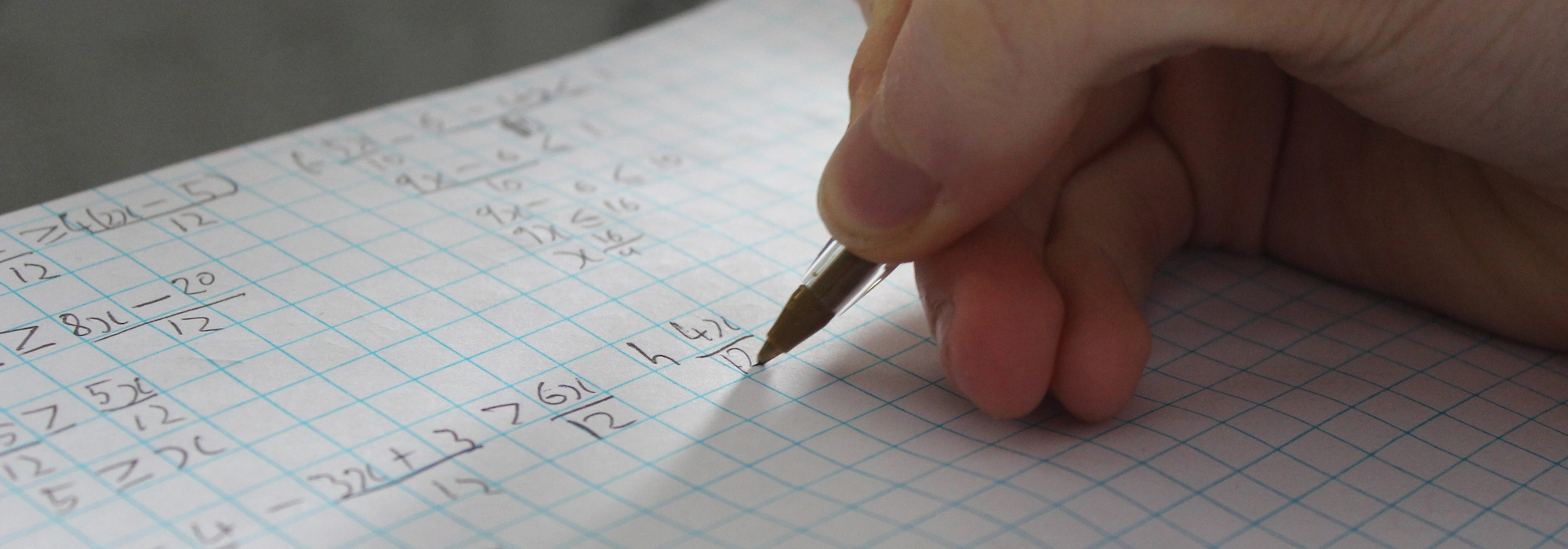Mathematics is a fundamental subject that plays a crucial role in high school education. It provides a solid foundation for various academic and real-world applications. In this blog post, we will explore two subject areas that are covered in high school math tutoring: geometry and algebra. Whether you’re struggling to grasp these concepts or looking to reinforce your understanding, we’ve got you covered. Let’s dive in!
Geometry
Geometry is the study of shapes, sizes, and properties of figures and spaces. It encompasses both 2-dimensional and 3-dimensional objects. Here are some key topics within geometry:
- Basic Concepts and Principles: Understanding points, lines, angles, and shapes is essential to grasp more complex geometric concepts.
- Common Formulas and Theorems: Familiarize yourself with formulas for area, perimeter, volume, and the Pythagorean theorem, which relate to various geometric figures.
- Applications in Real-Life Scenarios: Geometry has practical applications in architecture, engineering, and design. Exploring how geometric principles are used in real-world contexts can make the subject more fun and engaging.
Algebra
Algebra is a branch of mathematics that deals with symbols and the rules for manipulating them. It serves as a powerful tool for problem-solving and understanding relationships between quantities. Here’s what you need to know about Algebra:
- Fundamentals of Algebraic Expressions: Learn about variables, coefficients, constants, and operations such as addition, subtraction, multiplication, and division.
- Solving Equations and Inequalities: Master the art of solving equations and inequalities to determine unknown values.
- Graphing Functions: Understand how to represent mathematical relationships through graphs and interpret their significance.
How a Math Tutor Can Help Improve Grades
A qualified geometry tutor or algebra tutor can make the difference in a student’s academic performance and self-confidence. Here’s how:
- Personalized Learning: Tutors can tailor lessons to match the student’s learning style, helping them grasp complex concepts more effectively.
- Extra Practice: Tutors can provide additional problems for practice, reinforcing understanding and proficiency.
- Study Strategies: Tutors can introduce effective study strategies, such as visual aids or mnemonic devices, to make learning math more manageable.
- Boosting Confidence: By clarifying doubts and reinforcing understanding, a tutor can help students feel more confident in their math skills, reducing test anxiety.
- Real-world Applications: A tutor can demonstrate how math is applied in everyday life, making the subject more relatable and interesting. This engagement can lead to better grades and increased appreciation for the subject.
Tips for Success in High School Math
A tutor can provide the extra support students may need to excel in high school math. In addition to seeking outside support, consider the following tips:
- Study Strategies and Time Management: Develop effective study habits, create a study schedule, and allocate dedicated time for math practice.
- Utilizing Online Resources and Services: Take advantage of online resources, video tutorials, and practice problems.
- Building a Strong Foundation for Advanced Math Courses: High school math forms the basis for advanced mathematical concepts. Invest time in understanding the fundamentals to thrive in future math courses.
In conclusion, high school math tutoring provides valuable support and guidance to students navigating the complexities of subjects such as geometry and algebra. Embrace the challenges, seek help when needed, and remember that math skills are developed through practice and perseverance. Mathematics is not just about numbers; it fosters critical thinking, problem-solving, and logical reasoning skills that extend beyond the classroom. Embrace the beauty and power of math!






